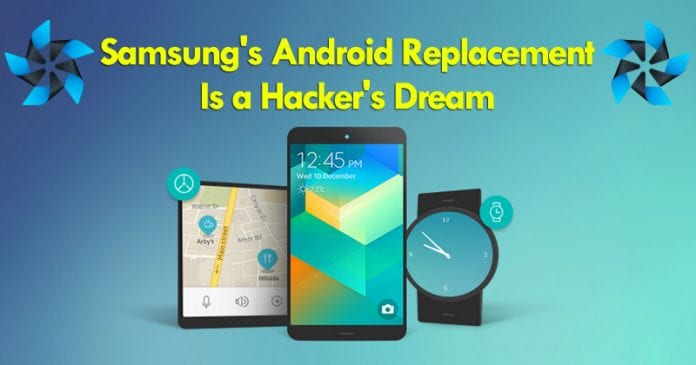This system is now under fire, with revelations made that point to serious security flaws and present at various levels. Tizen is currently the operating system that Samsung uses the most. With the exception of smartphones, where the choice lies in Android, this is present in TVs, smartwatches and other devices. After years of being developed as an open source project, the South Korean company took over and works directly with it. In an interview with Motherboard, security researcher Amihai Neiderman revealed that he has discovered in this operating system more than 40 serious security flaws that can be exploited by any attacker remotely because they have not yet been resolved.
The failures of Tizen
Amihai Neiderman’s words about Tizen were not bland and revealed that this is an unsafe system, much because of Samsung itself and the code it produces. “It may be the worst code I’ve ever seen. Everything you can do wrong there, they do it. You can see that nobody with any understanding of security looked at this code or wrote it. It’s like taking an undergraduate and letting him program his software”. In addition to the recent code crashes, the problem is in Tizen’s own codebase which, according to Neiderman, has not been updated for a long time, which leaves it exposed to severe security flaws. The very use of SSL, which ensures secure communications, is poorly implemented and has flaws, or is not used in situations that should be present. Neiderman also cited Tizen’s application store, TizenStore, which has a flaw that allows attackers to remotely inject code into devices, bypassing authentication and security mechanisms. Amihai Neiderman contacted Samsung several times but only received automatic replies. Samsung has already responded to this problem, but with the standard response, indicating that it is concerned about the security of their systems and it will investigate the case. Samsung’s bet on Tizen is great, as it can be by its user base and by the company’s plans for the future. The presence of it in millions of TVs, smartwatches and even in smartphones as well, it will be very difficult for Samsung to upgrade all these devices.
Δ


